Review for Diary of a Lost Girl
‘Diary of a Lost Girl’ [Tagebuch einer Verlorenen], might never have been made had it not been for a dramatic stand-off between silent-era superstar Louise Brooks and the head of paramount studios in 1928. When he refused to pay her more in a renewed contract she flustered out in a ‘don’t try and stop me’ style strop (apocryphally perhaps) and as a result headed across the pond to the other most significant film producing nation at the time – Germany. She met up with Director G.W. Pabst who could barely believe his luck in landing such an iconic Hollywood queen and together they worked on ‘Pandora’s Box’ (also released by Eureka by the way) which was a huge success and is still considered one of her finest works. However, despite the success of the second movie, ‘Diary of a Lost Girl’, the growing instability of political relations in Germany at the time, as well as the advent of talkies which put pay to the global universality of films, meant that the title proved to be cruelly prophetic for Brooks who swiftly fell in to obscurity in the years that followed.
Brooks plays Thymian Henning, a beautiful and innocent young lady who lives in a grand apartment above her Father’s pharmacy. She is seduced by a positively reptilian young man who works for her father – played by the uber-creepy Fritz Rasp who you’ll recognise from playing similarly repugnant characters in Fritz Lang’s Metropolis, Spione and Frau im Mond.
She falls pregnant (it is implied he has seduced her as she slept following a faint) and, refusing to marry Fritz, the baby is taken from her and she is thrown into a reform school run by a sadistic duo. Shockingly for the time, and quite so now, is the clear indication that the ‘headmistress’ gets sexual satisfaction from watching the girls there suffer. A real Isherwood meets Kurt Weill pre-war Berlin vibe for which Brooks iconic 1920’s style image was perfect.
It’s heady stuff and not for the faint of heart – very melodramatic in tone and frequently reflecting some harsh but cruel realities of life for those who found themselves ‘lost’ – frequently through no fault of their own. Escaping from the reform school, Thymiane falls to prostitution as she, along with her ‘saviour’, the young but ruined and penniless ‘Count Orloff’ try to make a go of things despite the constant disappointment with everyone they comeinto contact ith who are either hypocritical or corrupt and often both.
The film includes the original German intertitles (with British sub-titles that are occasionally difficult to see when superimposed over already white text). It also has a notable single piano score by Javier Pérez de Aspeitia which works brilliantly alongside the action, entirely sympathetic to mood and atmosphere.
There’s also a short 12 minute video essay by film-maker and critic David Cairns (‘Naked on my Goat’ based on the title of Louise Brook’s autobiography) which is very illuminating though, oddly, read here by someone else. Finally there’s a great little 40 page booklet which includes wiring by Louise Brooks herself as well as from Lotte Eisner, Louelle Interim, Craig Keller, and R. Dixon Smith.
What is perhaps this editions most remarkable feature is the astonishing quality of the image. The film is over 80 years old but has been lovingly restored using all the best parts of original film elements from around the globe. It’s then been treated to a beautiful 1080p transfer which, occasionally, looks completely flawless and crystal clear, making its image and people look almost contemporary. However, as you’d expect, it’s inconsistent but I’m sure this is good as this is ever going to get!
If you’re a fan of Louise Brooks and liked ‘Pandora’s Box’ then you’ll enjoy this. It’s amongst the very last of the great silent movies so fairly sophisticated in terms of its presentation. It’s certainly an eye-opening movie for anyone who thought that shocking movies were never made in the past. I’m unsure much of this would have got past the US and UK censors at the time but, whatever the case, it’s a film that still packs a hearty melodramatic punch and well worth picking up.
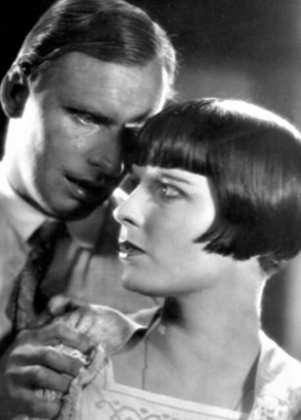
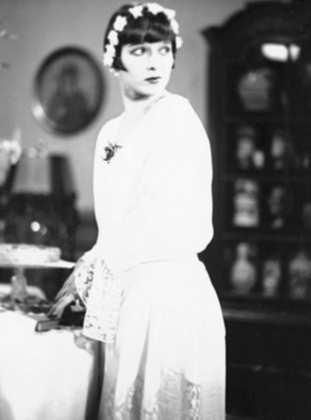
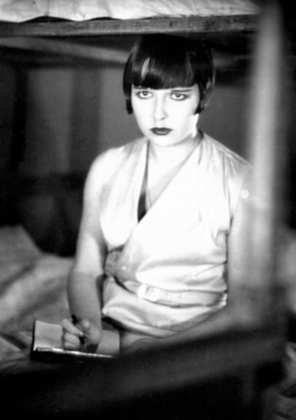
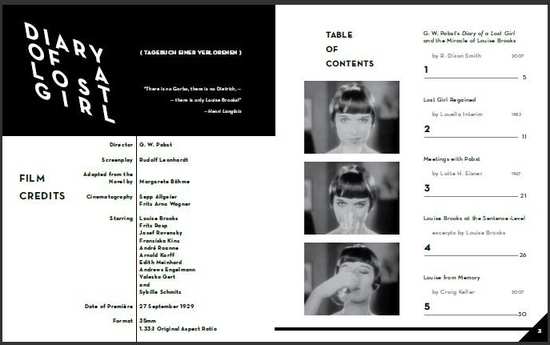
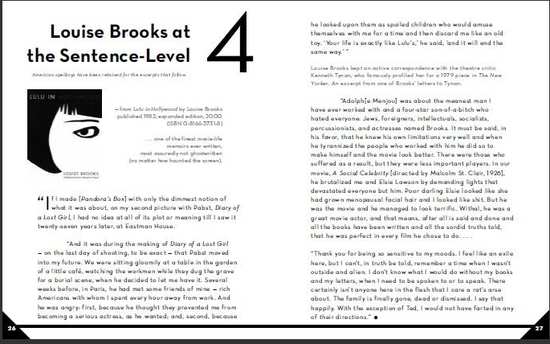
Your Opinions and Comments
Be the first to post a comment!